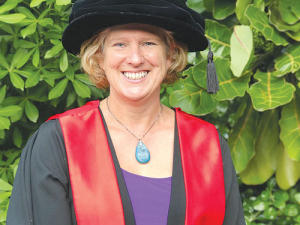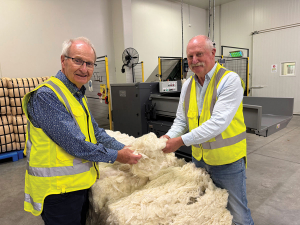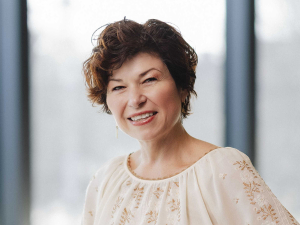Nurse practitioners could go a long way to help reverse the declining availability of rural health services in New Zealand, says Dr Sue Adams, a senior lecturer at Massey University’s School of Nursing.
But not enough is being done to support the training of nurse practitioners or the use of their skills in practices, particularly in the rural areas.
Already 4000 nurses have completed the clinical masters degree but they are not being used as nursing practitioners in regions which desperately need them and where they often already live, she says.
In her thesis, Dr Adams explored the experiences of rural nurses on their journey to becoming nurse practitioners (NPs). She researched how the development of NPs in rural communities was restricted by the structure and organisation of health services, including general practice.
Adams told Rural News that internationally it has been shown for many years that NPs are an effective health workforce delivering primary health care services to underserved and rural populations.
They achieved the same -- if not potentially superior -- health outcomes as doctors, she says.
“In NZ we have in our rural areas a diminishing rural general practitioner (GP) workforce, pockets of incredibly high health need and still really unacceptable health inequalities particular for our Maori communities.
“NPs could be working in those areas delivering services to those communities. But NZ hasn’t really accepted them as potential mainstream providers. The two main reasons is our persistence with doctor-owned and doctor-led care and secondly with a very fragmented funding system.
“The policy system is a mix of private and public funding where there is still too much competition between providers for accessing funds and where there is too much change regularly occurring.”
It is has been very hard for NPs to establish themselves, she says. They need practices that support them to become NPs and to employ them in that capacity once they have done their training so they can become registered.
As NPs in a practice they provide the same service as a GP and generate practice income in exactly the same way. GP’s arguments that they cannot afford to employ NPs arise from ignorance of how the funding works. Nurse practitioners complete a masters degree in clinical nursing and then submit an application to the Nursing Council of NZ to be registered.
A registered nurse practitioner can perform all functions of a GP, from assessment and diagnosis, to ordering diagnostic tests such as x-rays, blood tests and scans, to prescribing medication, treatment and referring to hospital specialists.
“They thus work at the same level as a GP, but they are much cheaper to educate and their salary is lower.”











